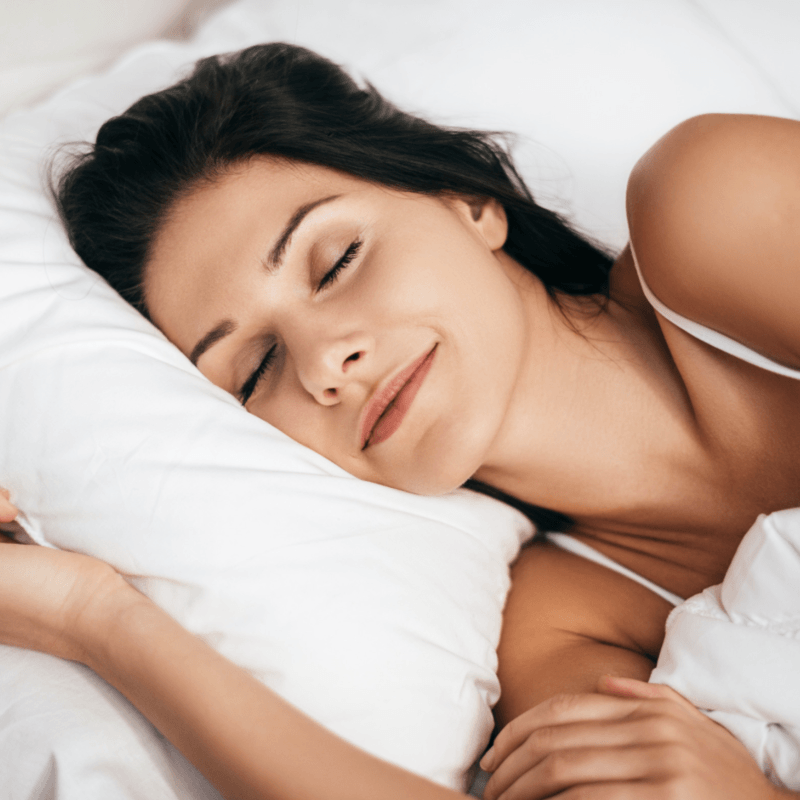
Sound sleep is elusive for millions of people even under normal circumstances. Now with the added stress of the COVID-19 pandemic, the number of those having trouble sleeping has increased tremendously.
According to a recent survey conducted by SleepHelp.org, more than than one in five people say their sleep quality has suffered since the arrival of the Coronavirus. Google even reported that searches for the word ‘insomnia’ reached a record high during the month of April.
“Poor sleep quality, or lack of sleep, can contribute to a host of health problems, including weakened immunity,” says Sleep Better Austin’s expert Dr. Brandon Hedgecock. “Healthy sleep habits however can aid immune system function and help fight off viruses like COVID-19 and the flu which is lurking right around the corner in the fall and winter months ahead.”
Here are five tips we recommend to help keep stress at bay, summon a better night’s sleep, and ultimately boost your immunity:
- Get outside and get moving.
Fresh air and exercise can help calm and tire you out while Vitamin D from the sunshine helps regulate circadian rhythms to keep your sleep consistent.
- Establish a bedtime routine.
Consistency in your bedtime routine each night can go a long way in helping you to achieve better quality sleep. Your body will naturally take cues, and prompt drowsiness, from the steps you regularly take to wind down such as reading, taking a warm bath, or writing in a journal.
- Style your bedroom for sleep.
Keep temperatures cool, gadgets and electronics to a minimum, and bedding comfy yet simple. Also check your pillows to make sure they pack the perfect amount of ‘pouf’– not too hard or too soft so that your head and neck are comfortably supported.
- Nix daytime naps.
With extra time on your hands, or perhaps because of working from home, it may be easy and enticing to sneak in a daytime nap. While the occasional nap can be a great reset for the rest of the day, it may rob you of the more important and restorative sleep that your body needs at night.
- Watch what you watch on TV.
Listening to discouraging reports about the virus on the evening news before bed may not be a good idea and could keep your mind racing throughout the night. Opt for shows that are lighter and more entertaining later in the day.
You may want to take it a step further and get a sleep study, which can help identify sleep apnea, a serious condition where you may snore loudly and start and stop breathing repeatedly during the night. Fortunately, there are effective treatments for that including oral appliances.
For more information about sleep apnea treatments contact us to schedule a complimentary appointment with one of our experts in dental sleep medicine.

 SLEEP ASSESSMENT
SLEEP ASSESSMENT